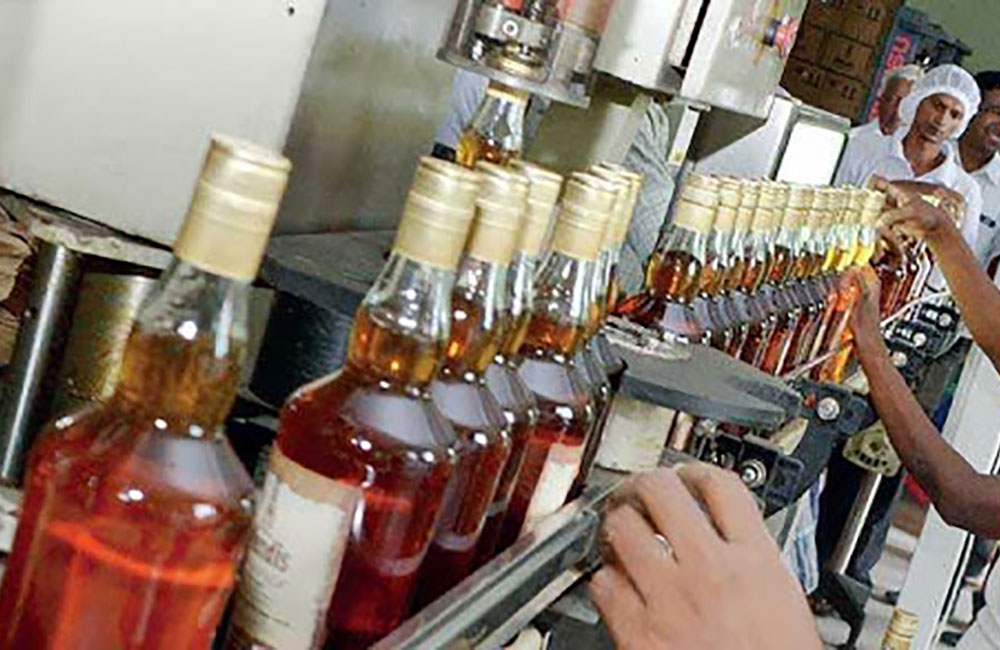The delay in the clearance of ethanol tankers imported by local manufacturers placing orders and opening LC’s before the government’s ban on rectified spirit on January 01 will hit mainly the local liquor manufactures as well as the personal care industry, paints, coatings, printing inks, fragrance and flavour industries.
The government will also be deprived of much needed tax revenue due to the enforcement of this ban as the liquor industry would cut their production, which would result in a significant loss of revenue to the state coffers.
According to the Ministry of Finance, the excise revenue target was Rs. 130 billion, out of which Rs. 68 billion was expected from the taxation of ethanol imports.
During the financial year 2018/2019, Distilleries Company of Sri Lanka (DCSL) paid Rs. 58 billion in taxes, and Rs. 64 billion in taxes a year ago.
At least 22 licensed importers have been affected by the ban on ethanol imports and a very few of their containers (1 or 2) including 41 tankers imported by Distilleries Company of Sri Lanka (DCSL) had been cleared by Customs following strict procedure of the department, several importers said.
They pointed out that the directive of the President to allow clearance of the quantity of ethanol shipments arranged before the ban will fulfill the local requirement temporarily but a shortage of ethanol based products and the loss of tax revenue will be resulted in the long run.
The local liquor manufacturers are to be hit badly as the local production of ethanol is inadequate to meet the requirement, Excise Department data revealed.
According to these official data, production capacity of five local ethanol producers is only 42 percent of the local requirement and the estimated maximum production of Pelwatte,Sevanagala, Royal cask, Hingurana and Galoya plantations is in the region of 12 million liters per annum.
The balance number of 41 ethanol containers out of the total of 72 imported by Distilleries Company of Sri Lanka (DCSL headed by billionaire businessman Harry Jayawardena have been cleared by Sri Lanka Customs this week ending the delay of over six months.
But the industry requirement is around 30 million annually, industry sources said adding that the government is trying to create an ethanol monopoly by directing alcohol producers in the country to purchase ethanol from the State-owned sugar companies.
Related News:
Comments
- No comments found

Leave your comments
Login to post a comment
Post comment as a guest